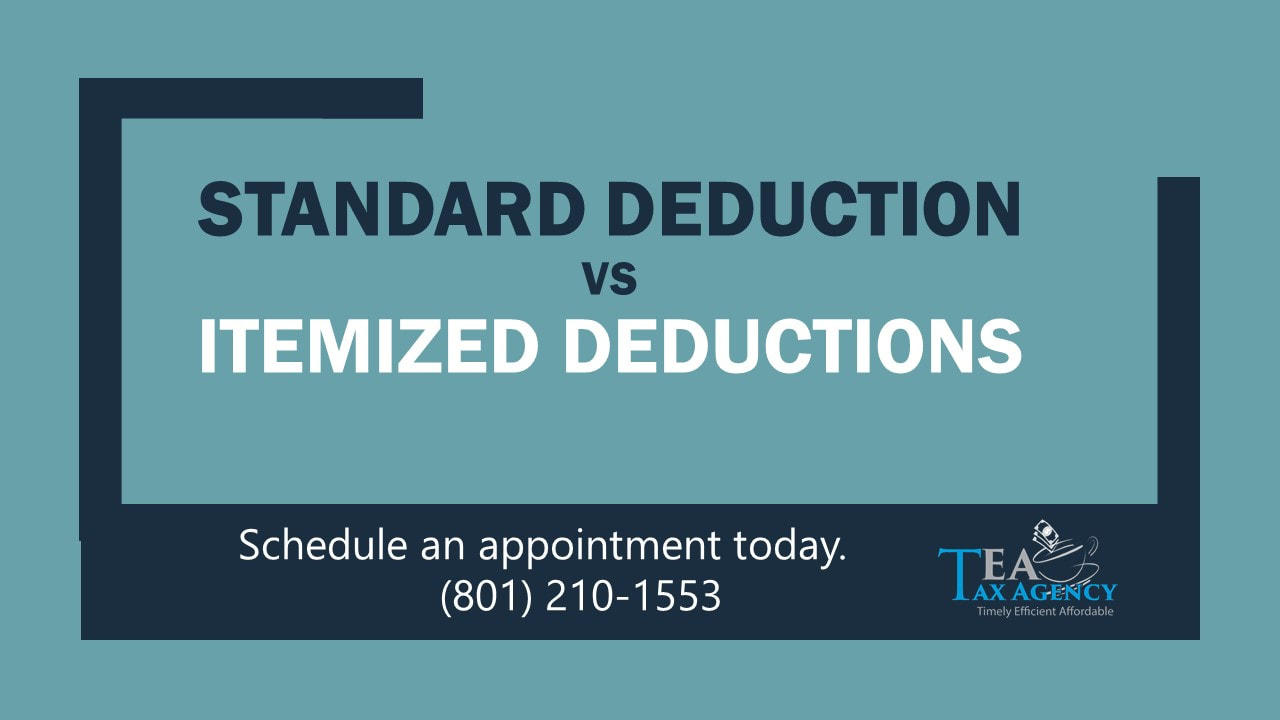|
The lingo of taxes often leaves many confused and frustrated. One of the first decisions most taxpayers face is whether to claim the standard deduction or itemize their deductions. So, what exactly do these two tax terms actually mean?
The standard deduction is a dollar amount determined by law and is used to reduce the amount of income on which you are taxed. To keep things confusing, this deduction varies according to your filing status. There are also additional standard deduction amounts for individuals who are blind or over age 65. Itemized deductions are reported on Schedule A and consist of the total of things like mortgage interest, property tax on your home and charitable contributions. There are several other less common items that can go on the schedule A, like employee business expenses and tax preparation fees. In order for itemizing deductions to be worthwhile, the total of those deductions must exceed the standard deduction amount. It’s important to understand that you can only use one or the other on your tax return. You cannot claim both the standard deduction and itemized deductions on the same return. If you have any questions feel free to contact us at (801) 210-1553.
3 Comments
The new tax law produced many changes and much confusion. Below is a summary of some of the most important tax items you should know.
Filing status remains same
There are now seven rates: 10%, 12%, 22%, 24%, 32%, 35% and 37%. Standard deductions have been increased
Long-term capital gain rates remain unchanged at 0%, 15% and 20% determined by income. Alimony received will not be taxable to the payee spouse and will not be deductible by the payor spouse effective in 2019 for agreements executed after December 31, 2018. Existing agreements are grandfathered, meaning alimony is still taxable/deductible per 2016 tax rules. A maximum deduction of $10,000 ($5,000 for married taxpayers filing separately) is allowed for any combination of state and local income taxes or general sales taxes and state and local property taxes. State income taxes imposed in 2018 may not be deducted in 2017 if pre-paid in 2017. This is important because any prepayment for 2018 will be treated, for federal tax purposes, as if paid in 2018. Foreign real property taxes: No deduction will be allowed for foreign real property taxes These credits remain unchanged
One or more of these changes/credits may apply to you. To find out feel free to call us at (801) 210-1553 and we’ll help you get every credit and deduction legally allowable to you. |
Archives |




 RSS Feed
RSS Feed